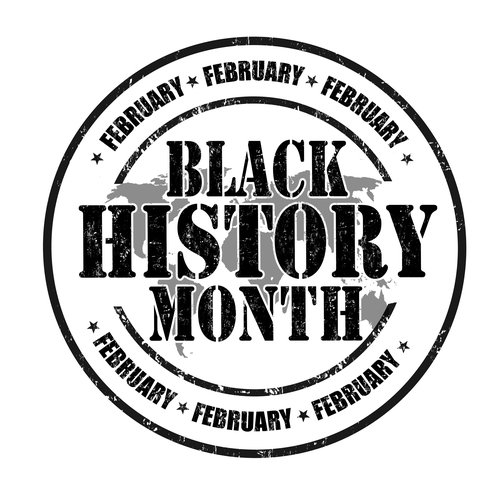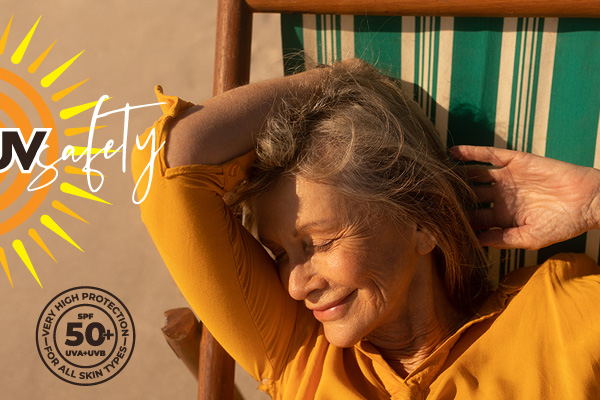On February 10, 1976, President Gerald Ford encouraged Americans to celebrate Black History Month with these words:
The last quarter-century has finally witnessed significant strides in the full integration of black people into every area of national life. In celebrating Black History Month, we can take satisfaction from this recent progress in the realization of the ideals envisioned by our Founding Fathers. But, even more than this, we can seize the opportunity to honor the too-often neglected accomplishments of black Americans in every area of endeavor throughout our history.
In January, we commemorated the achievements of Martin Luther King Jr. in fighting for basic civil rights for African-Americans. This month, we focus on other African-Americans who made a difference in their communities and to society at large.
Mary Eliza Mahoney
One remarkable African-American woman was Mary Eliza Mahoney, the first black woman to be trained and work as a nurse. She obtained her credentials in 1879, and worked for many years as a private care nurse in the homes of white families. She served for two years as director of an orphanage for African-American children and helped found the National Association of Colored Graduate Nurses in 1908. The association aimed to eliminate discrimination and celebrate nurses of all races for their professional accomplishments.
In addition to her work in advancing rights for African-Americans, Mahoney was also an activist for women’s rights – specifically, the right to vote. When women were given the right to vote in 1920, she was one of the first women in Boston to register to vote.
A decade after her death in 1926, the National Association of Colored Graduate Nurses established the Mary Mahoney award, awarded to people who promoted equal opportunities for minorities in the nursing profession. When the association merged with the American Nurses Association, the award was continued, and is still bestowed today.
Mary Eliza Mahoney was a pioneer in her day. She would be so proud to see all the African-American women currently working as CNAs, LPNs and RNs, as well as in other professions. Her dreams of equal opportunities for all people, regardless of gender and race, have come to fruition. Although there’s still more to be done, it’s unquestionable that Mary Mahoney’s legacy has changed American society for the better.







